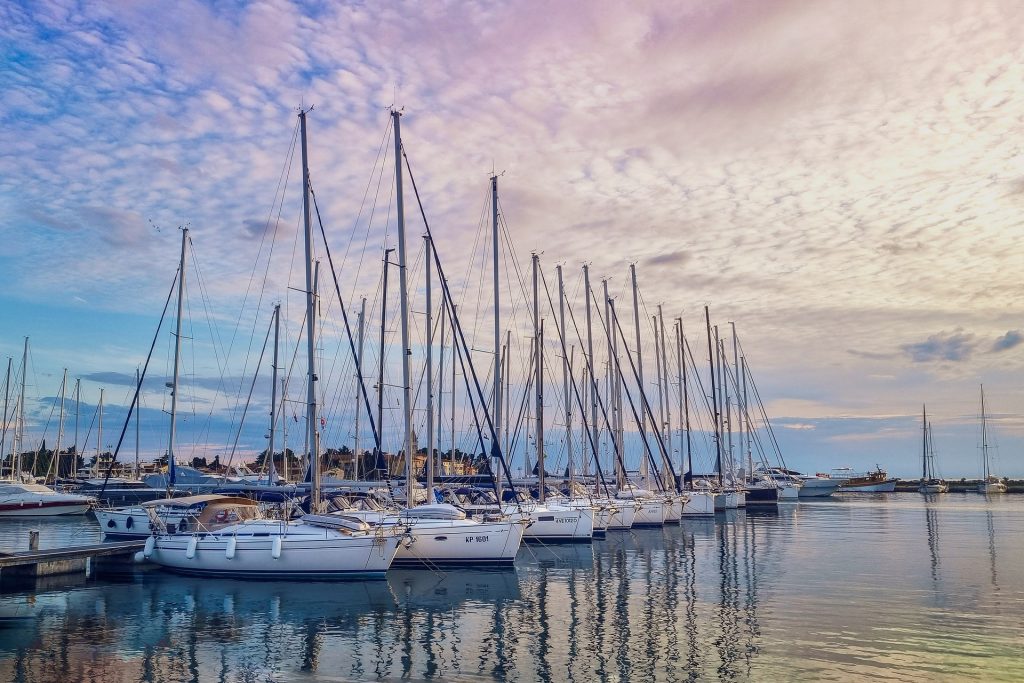June the 17th, 2024 – The German media has warned would-be travellers from Germany to Croatia about the Adriatic Sea, but what on Earth for?
As Poslovni Dnevnik writes, the German media outlet ProSieben recently reported that “brown slime” is spreading along the Croatian Adriatic coastline, which can prevent swimmers from swimming in the otherwise turquoise, crystalline water.
“What this actually is, is sea bloom, but on social media it’s often described as “sea snot” (“Meeresrotz”) due to its slimy consistency,” reports ProSieben.
In addition to the German media warning German tourists about this so-called ”sea snot”, here at home, RTL has also spoken about the sea bloom currently occurring in several locations along the Croatian coast.
“More and more beaches in Croatia are being occupied by this undesirable sea grass. Some tourists report that their search for an area without algae was unsuccessful. Algae carpets are unfortunately unpleasant on the skin. The fact that it is basically a normal natural phenomenon doesn’t really help either,” writes RTL.
As also reported by “Infovrsar”, which also provides information tourists in German, sea blooms are in most cases completely harmless and non-toxic, but can have an unpleasant smell, reports Fenix.
The Centre for Marine Research at the Ruđer Bošković Institute says that sea bloom is a collection of single-celled algae that are neither dangerous nor poisonous. It’s organic material that decomposes and creates a smell which is less than pleasant. A so-called ”red tide” at night can cause an interesting shimmering effect of the sea when this occurs. Therefore, there are one or two completely beautiful aspects of this rather unpleasant phenomenon on the beaches, reports “Infovrsar”.
As early as 2023, reports appeared in not only the German media about the increased accumulation of algae caused by climate change, but by multiple publications worldwide. The Caribbean is also notably affected, where carpets of algae are sometimes even visible from space.
It is important to understand that, as stated, sea bloom is harmless – if a little smelly. It’s a natural phenomenon that has appeared all over the Croatian Adriatic over more recent days. There was a sudden proliferation of green algae, which normally occurs in spring or summer.
According to information from the Croatian Institute of Public Health, sea blooms are an extraordinary natural phenomenon that occurs under certain weather conditions. These conditions can include changes in sea temperature and higher amounts of precipitation in the spring, coupled with an increased intake of nutrient salts of nitrogen and phosphorus that serve as food for phytoplankton.
The first records of sea blooms for the Adriatic Sea date back to long before the German media were issuing warnings about Croatia. In fact, the first records were taken back during the 18th century, and they have been more intense since 1988. Since 2000, they have appeared in Croatian waters every year.











